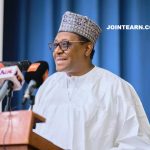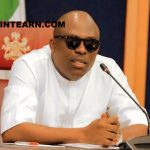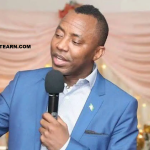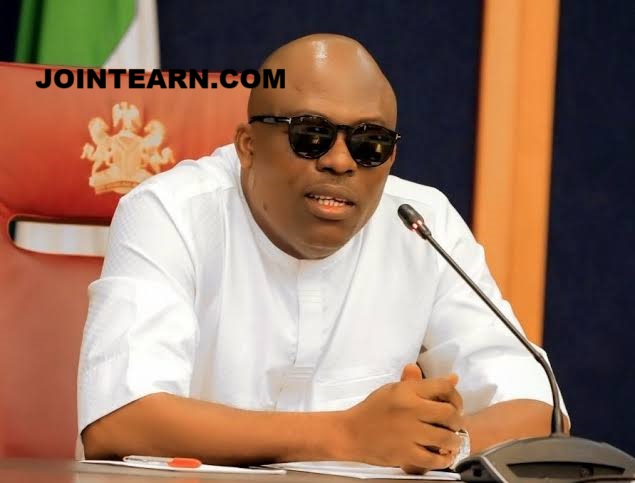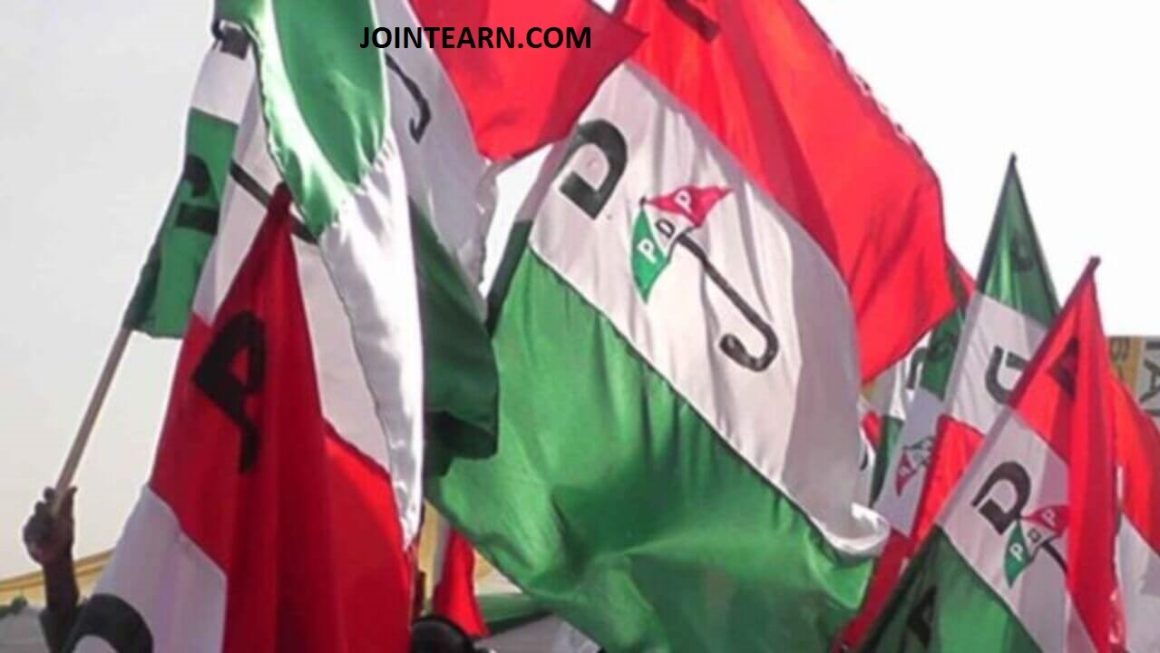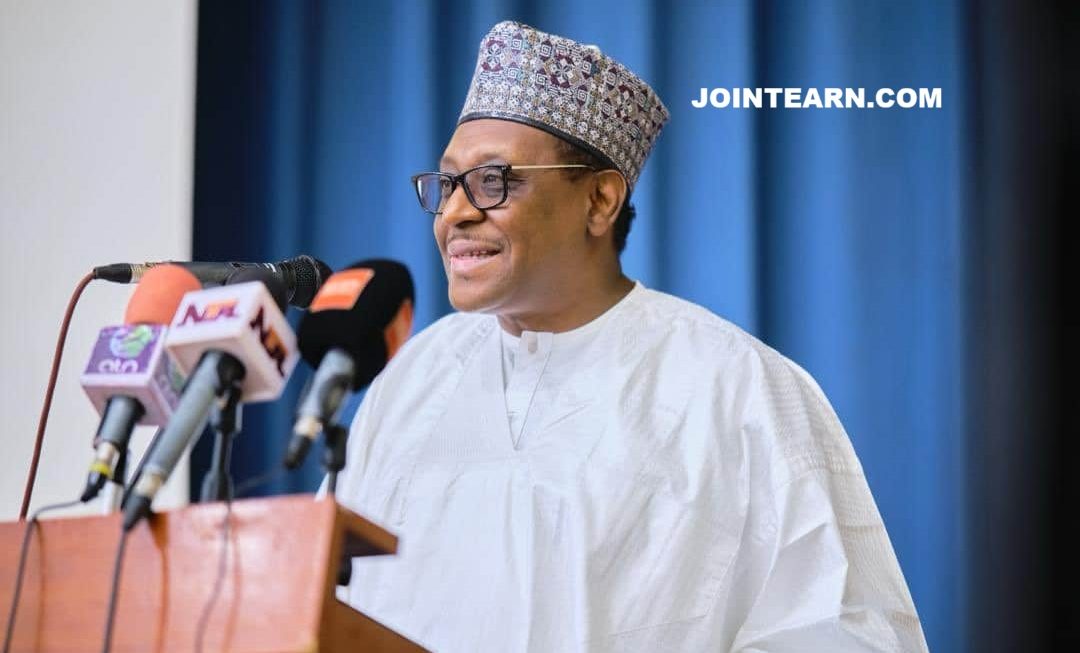The Coalition of United Political Parties (CUPP) has launched a scathing attack on Rivers State Governor Siminalayi Fubara, accusing him of betraying the trust of millions of Nigerians who stood against what they described as the overreach of President Bola Ahmed Tinubu and his perceived interference in the country’s democratic processes.
The CUPP, in a strongly worded statement on Monday, expressed deep disappointment in Governor Fubara’s recent actions and political maneuverings, which it claims amount to a surrender of the popular mandate he received from the people of Rivers State. The group alleges that Fubara has capitulated to political pressure from the presidency and compromised on key democratic values that once endeared him to the Nigerian opposition and civic activists.
A Broken Trust
According to CUPP spokesperson Comrade Mark Adebayo, Governor Fubara was once seen as a symbol of resistance against the perceived authoritarian tendencies of the ruling All Progressives Congress (APC) and the central government under Tinubu’s leadership. His earlier posture of defiance, especially in resisting attempts to undermine his authority as the democratically elected governor of Rivers State, was widely praised.
“Fubara stood for something. He represented the spirit of Nigerian democracy under siege. His defiance in the face of calculated political sabotage from Abuja made him a hero to millions,” Adebayo stated. “But today, he has dashed the hopes of Nigerians who saw in him the courage to say ‘no’ to impunity.”
CUPP claims that recent compromises made by Governor Fubara with political actors aligned with President Tinubu — particularly the resolution of the protracted feud between Fubara and his predecessor, Nyesom Wike, now the Minister of the Federal Capital Territory — point to a broader capitulation that undermines democratic accountability.
Accusations of Weak Leadership
The opposition coalition didn’t mince words in describing Fubara’s latest moves as those of a “weak and compromised leader” who has allowed external forces to dictate governance in his state.
“What we are seeing is a classic example of political surrender dressed up as reconciliation. It is unacceptable. Governor Fubara has effectively handed Rivers State back to the same power structure he was elected to liberate it from,” the CUPP’s statement read.
The CUPP argued that Fubara’s political realignment betrays the very foundation of the electoral victory that saw him emerge as governor. They noted that many Nigerians saw his administration as a chance to break away from a legacy of political patronage and imposition.
“It is a slap in the face of democracy and the people of Rivers State who voted for a new direction. That direction never included a return to political godfatherism,” Adebayo asserted.
A Wider Implication for Democracy
Beyond Rivers State, CUPP warned that Fubara’s alleged compromise sets a dangerous precedent for Nigeria’s democracy. They believe it signals to other governors and public office holders that surrendering to federal coercion is not only acceptable but politically expedient.
“Every time a governor bends to the will of external forces not mandated by the people, democracy suffers a blow,” CUPP warned. “We are watching the gradual erosion of state autonomy, and Governor Fubara has become the latest collaborator in this systemic dismantling.”
They also accused President Tinubu’s administration of using state apparatus and political intimidation to force governors and opposition elements into compliance.
Call for Public Resistance
In response to these developments, CUPP called on the Nigerian public, civil society, and pro-democracy groups to rise in defense of democratic principles and demand accountability from elected leaders.
“The people must not be silent. Democracy dies in silence. We urge the masses, especially the youth and civil society, to resist this betrayal and begin a process of political reawakening in Rivers State and beyond,” the CUPP statement urged.
The group warned that if citizens remain apathetic, the current trend of political capitulation may become entrenched, further weakening Nigeria’s already fragile democratic institutions.
Fubara Yet to Respond
As of the time of filing this report, Governor Fubara has not officially responded to the CUPP’s accusations. However, sources within the Rivers State Government insist that the governor remains committed to peace and development in the state and has only sought political stability through dialogue and compromise.
“It is not betrayal to seek peace. The governor believes that Rivers State must move forward, and that requires negotiation, not war,” one source stated, defending the governor’s decision to reconcile with Wike and work with federal authorities.
A Political Crossroads
Governor Fubara’s administration now finds itself at a political crossroads. While his supporters may laud his efforts at political reconciliation as a step toward peace and unity, critics — particularly those in opposition circles like the CUPP — see his actions as a dangerous concession that could cost him public support and credibility.
The coming months will likely determine whether Fubara can regain the trust of those who once viewed him as a bastion of resistance or if he will be remembered as another Nigerian politician who bowed to pressure from above.
As Nigeria continues to grapple with questions of federal overreach, weak institutions, and the persistent threat of political godfatherism, the unfolding political drama in Rivers State serves as both a cautionary tale and a reminder of the high stakes involved in the country’s democratic journey.




